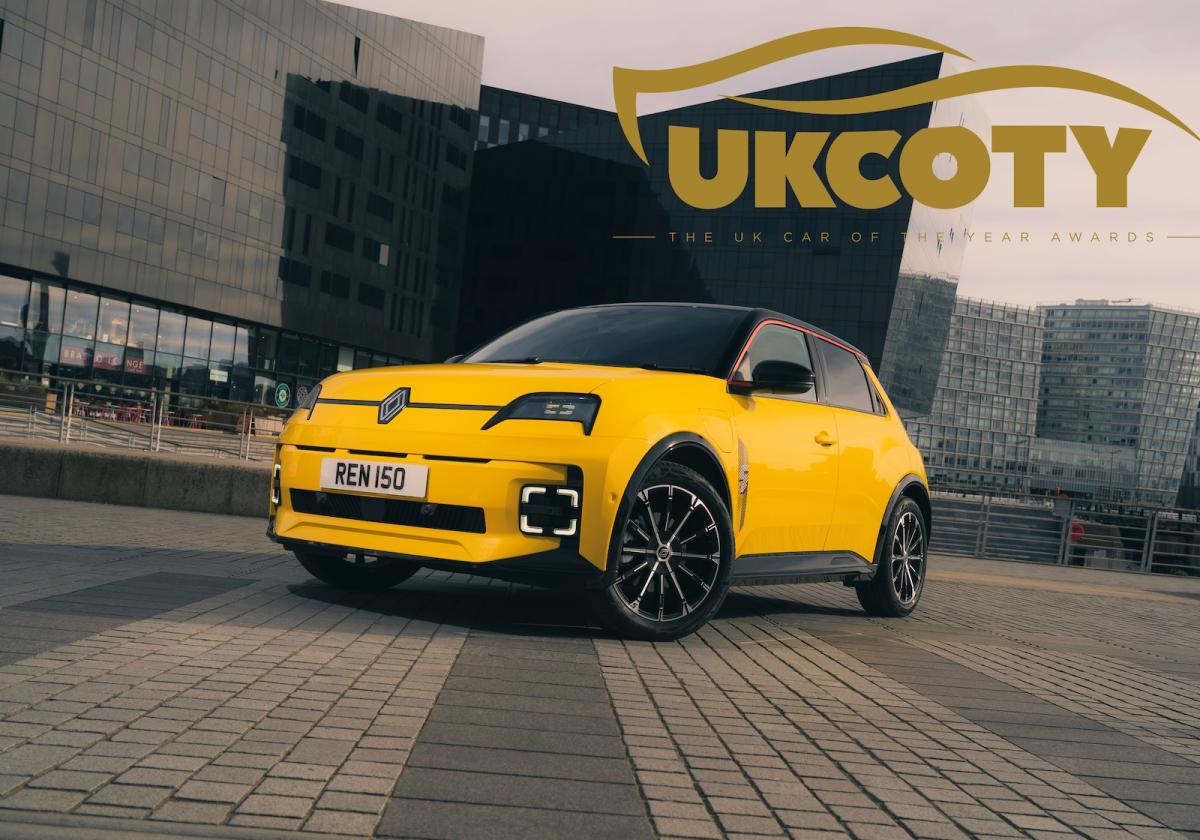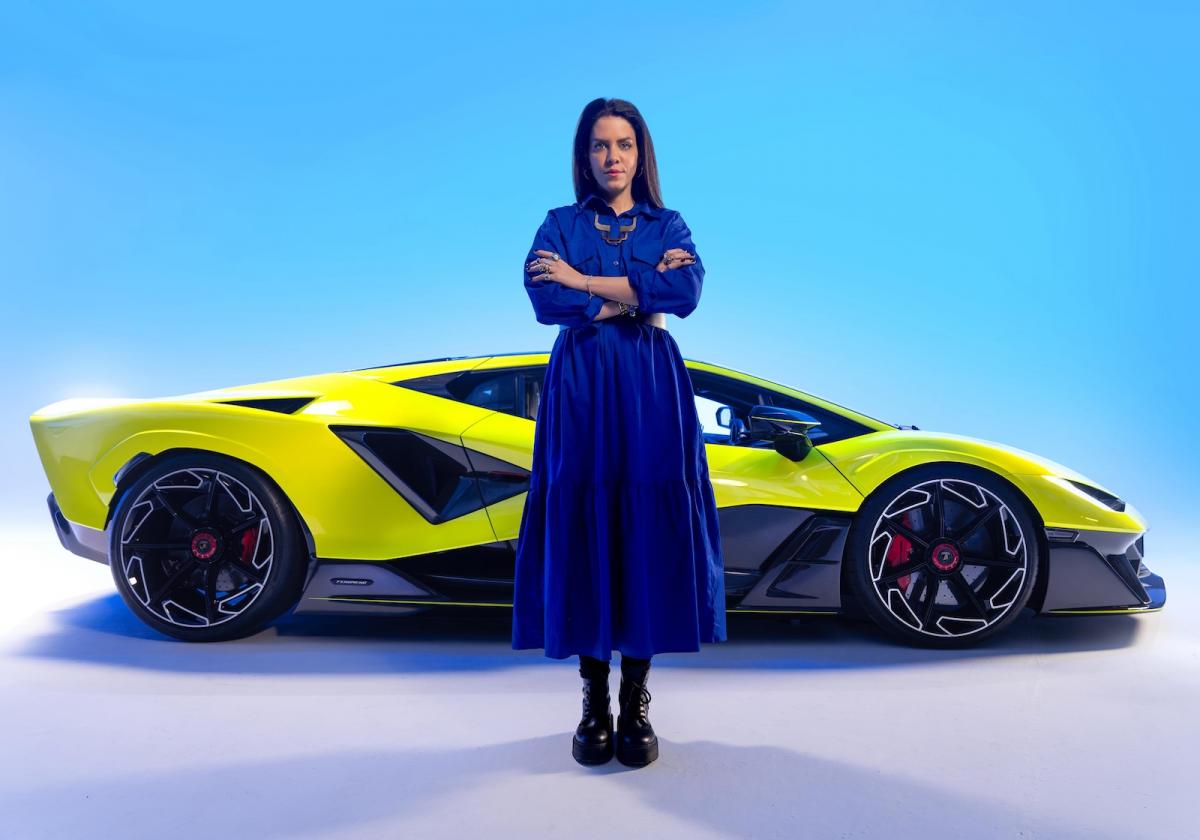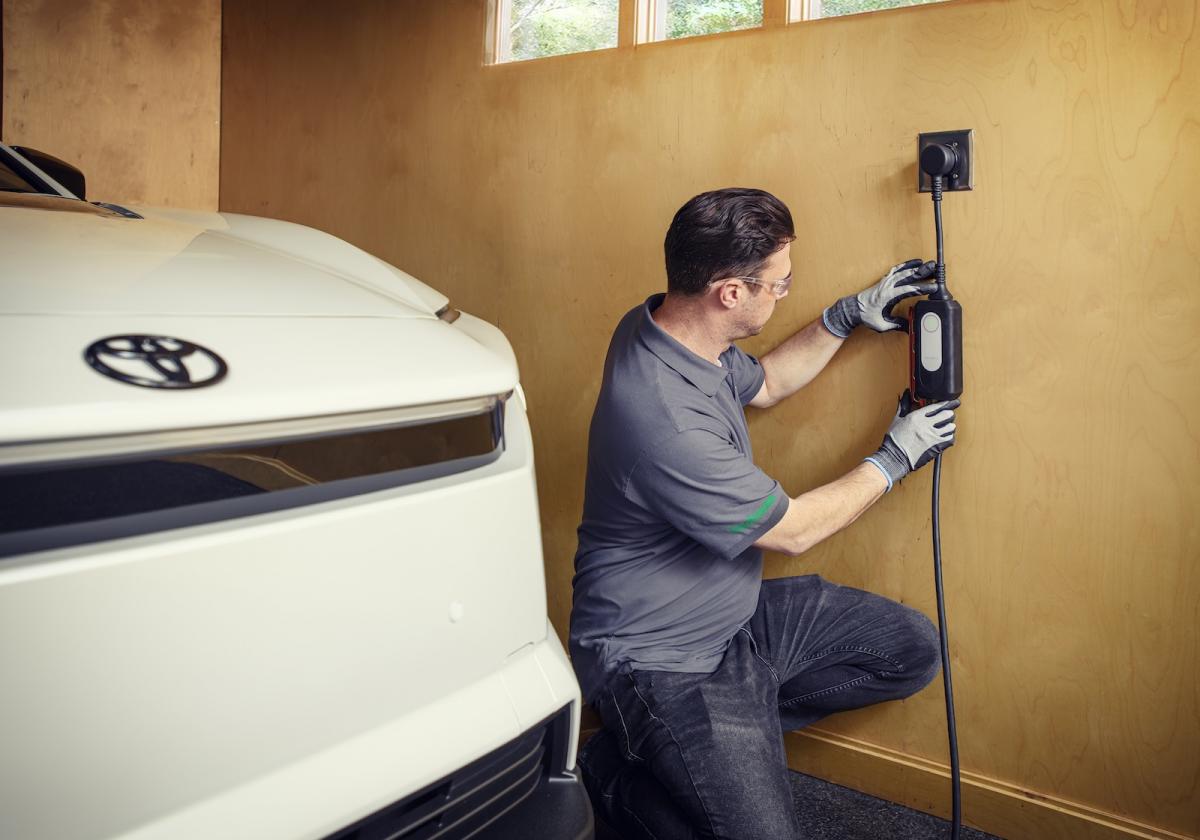Volvo was the first company to develop the 3-point seatbelt way back in 1959 and rather than patenting this game-changing feature, it made the tech available to all other carmakers.
Now, Volvo Cars is one of the first to use AI-generated lifelike virtual worlds to enhance the development of its safety software, such as driver-assistance systems (ADAS), all with the aim of creating even safer cars.

The brand can now synthesise incident data collected by its advanced sensors in new cars, such as emergency braking, sharp steering or manual intervention. This allows Volvo to probe, reconstruct and explore them in new ways to better understand how incidents can be avoided.
Gaussian splatting can create realistic 3D scenes from real-world visuals
This is possible thanks to an advanced computational technique called Gaussian splatting, which can create a vast amount of realistic, high-fidelity 3D scenes and subjects from real-world visuals. The virtual environment can, for example, be manipulated by adding or removing road users and changing the behaviour of traffic or obstacles on the road to generate different outcomes.
Such a technique allows Volvo to expose safety software to all types of traffic situations, at a speed and scale not possible before. Engineers can now develop software that also works well in complex, rare yet potentially dangerous ‘edge cases’, and reduce the time it takes to expose software to edge cases from months to days.
“We already have millions of data points of moments that never happened that we use to develop our software,” says Alwin Bakkenes, Head of Global Software Engineering at Volvo Cars. “Thanks to Gaussian splatting, we can select one of the rare edge cases and explode it into thousands of new variations of the scenario to train and validate our models against. This has the potential to unlock a scale that we’ve never had before and even to catch edge cases before they happen in the real world.”
One part of the puzzle
Volvo Cars uses virtual environments alongside real-world testing for software training, development and validation because they’re safe, scalable and cost-efficient. The virtual environments are developed in-house in collaboration with Zenseact, an AI and software company founded by Volvo Cars.
The new generation of fully electric cars, built on NVIDIA, compute and collect data from various sensors to understand what’s happening in and around the car better than ever before. An AI supercomputing platform, powered by NVIDIA DGX systems, contextualises this data, unlocks new insights and trains future safety models. It will improve and accelerate the development of artificial intelligence.
CARLIST THOUGHTS
To be honest, I am not a big fan of AI. Over the last decade I’ve test-driven numerous cars and prototypes and while I’ve been impressed a few times, I have more often than not left the drive session disappointed and concerned about the direction AI is taking. With this Volvo AI tech, however, if used wisely, I can definitely see benefits for users and an increase in safety levels.







